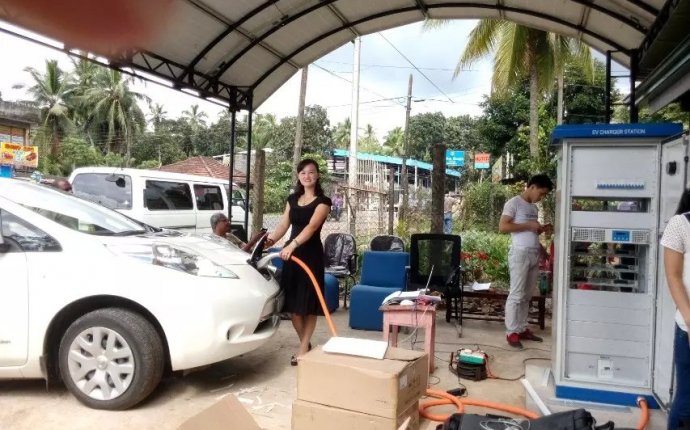
Best electric Car Charger
Car buyers got a garage evaluation and installation quote before they took delivery of their vehicles. They bought the charging stations (usually through their car dealers) that the automaker recommended.
Fast-forward a few years and the marketplace has wrought its magic. Today, there are more than a dozen EV and plug-in hybrid (PHEV) vehicles on the market and more on the way. Owners and prospective owners of these plug-in vehicles can choose from dozens of home car-charging stations from more than a dozen manufacturers.
You can shop direct from the maker online, from various home-improvement retailers or via mass-marketing sites such as Amazon.com. Or you can do it old-school and go through your car dealer.
A recent survey of plug-in vehicle buyers by Ford Motor Company found that about half still use the dealer-supplied, one-stop service that provides the charging station and installation for one price. The other half now do their own shopping, both for the home charging station and for competitive bids from local electricians for installation.
Having loads of choices can help save money and cut down the time you'll spend charging that new plug-in car. But making the right selection from among the options also requires a little time in order to research the choices and to process and digest all those bids that come from comparison shopping.
The best charger for your home depends on several things. There's the type of plug-in vehicle you have or are planning to get. There are your plans for future plug-in vehicles. Your garage layout comes into play, as do your household electrical service and your charging patterns. Will you want to charge in the daytime, overnight or every time your pull into the driveway?
An electrician qualified to install home car charging stations can help you decide things like the amperage you'll need, the right circuit breakers to install, the best cord length for your situation and where to locate the charging station to minimize installation costs.
As a rule of thumb, expect to pay $600-$1, 000 for a home car charging station. You can, of course, pay less or more. We'll get into the details later.
Installation costs also vary widely. A standard, problem-free home garage installation is usually somewhere between $1, 000 and $1, 500, but can be as little as a few hundred dollars or as high as several thousand dollars. We'll explain that wide range in more detail later, too.
Know the Right Name
First up, there's some lingo to know. In almost all cases, the charger isn't actually the thing you are going to buy and hang on the wall of your garage or carport. The charger is built into the car. (We'll get to the exception to this rule in a minute.)
That box with the colored lights, long cord and connector nozzle that you're installing is properly known as the electric vehicle supply equipment (EVSE).
It's OK if you call an EVSE a car charging station or home charger; almost everyone does. But by using the proper name for this unit, you'll be telling the electricians and salespeople with whom you're working that you know what you're talking about.
The EVSE is a vital piece of the charging system. It's a communications and safety device. It provides a point for anchoring the charging cord between the car's onboard charger and the building's electrical service. It also controls the charging current to keep the car's batteries from overheating. It can shut down the charging in the event of an electrical short, power surge, charging software meltdown or any other malfunction. That's important because an overheated charging cord could lead to a car or garage fire.
We said at the beginning of this section that the EVSE isn't the charger "in almost all cases." The exceptions are the rapid chargers that are being installed along various highway corridors around the country. These are also known as Level 3 chargers, and they are too big and complex to mount in a car. Level 3 chargers are packed into a free-standing case that's the size of a large refrigerator, or, perhaps not coincidentally, a gasoline pump.
All About the Connector
In addition to the communications and safety equipment, solid anchorage and a charging cord long enough to be serviceable, the EVSE supplies one additional and critical part: the connector or nozzle that plugs into the car's charging receptacle.
With the exception of Tesla Motors, which prefers to go its own way, carmakers and charging-equipment manufacturers around the globe have standardized the design of the nozzle, universally called a J1772 connector. Tesla owners can nevertheless choose to install an EVSE with a J1772 connector because the necessary adapter is provided with each car.
If you look into the J1772 nozzle's open end, you'll see five prongs with open centers, or ports. The top two are for carrying power. The large port in the bottom or 6 o'clock position is the grounding port. The smaller one in the 4 o'clock position is the communications port. The fifth port, in the 8 o'clock position, is the safety systems port.









